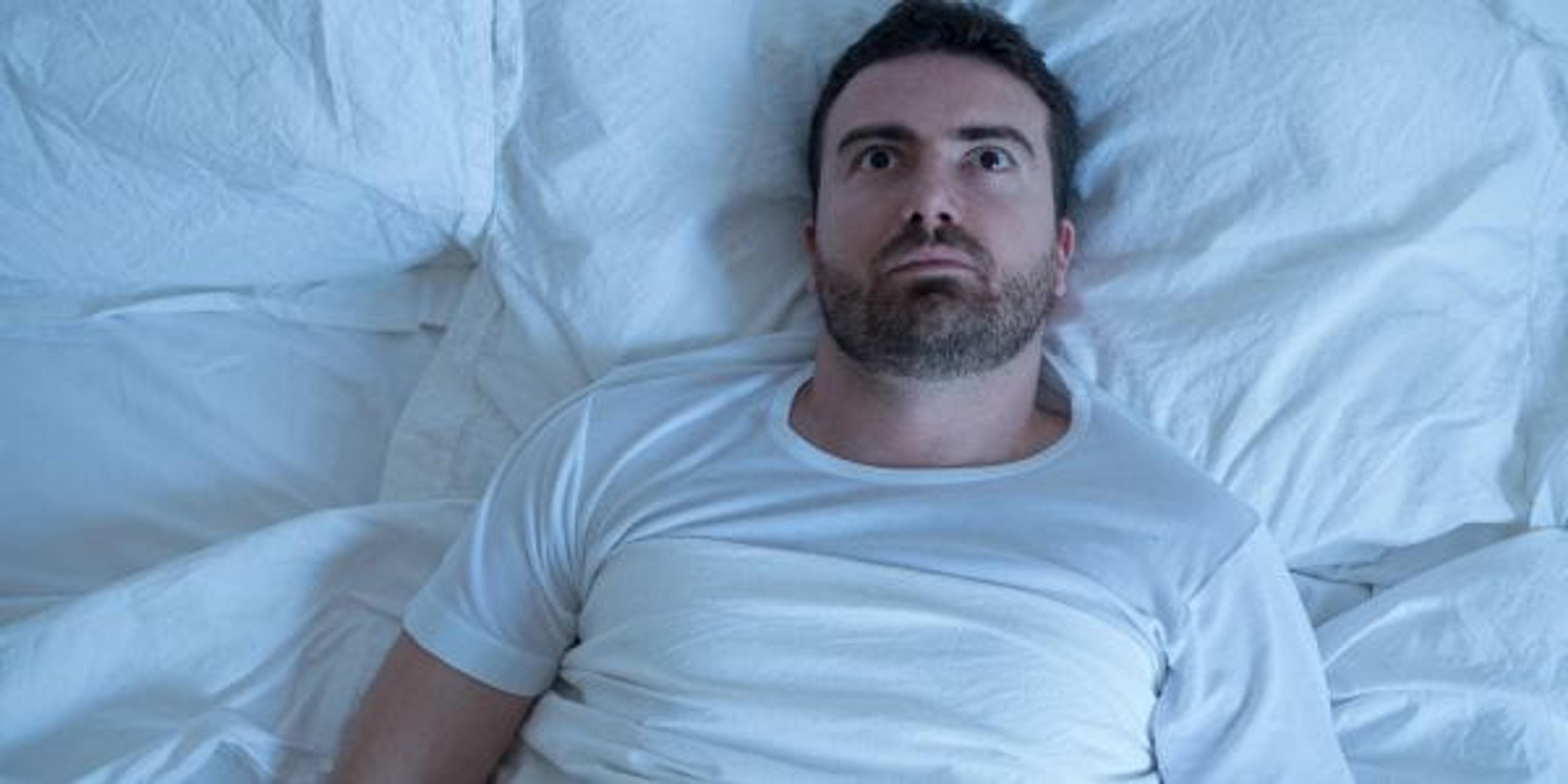Ever Experienced Sleep “Drunkenness”? It’s Not What You’d Expect

Julie Bitely
| 2 min read

Have you ever been startled from a normal night’s sleep only to be bewildered and unsure of where you are?
One in seven Americans is affected by this sleep “drunkenness,” a rest pattern that causes people to wake up in confusion, unaware of actions they recently took or are prepared to take.
Also known as confusional arousal and excessive sleep inertia, it is uncertain whether the phenomenon is its own condition or a symptom of a larger issue. Episodes are typically triggered by a forced awakening (usually brought on by an alarm, phone call or distraction) during non- rapid eye movement, or REM, sleep.
Much like sleep walking and other conditions that trigger slower reaction times, confusional arousal is defined by an exaggerated delay in awakening. Those diagnosed with excessive sleep inertia typically display short-term memory loss as well as a limited understanding of questions asked during the incident.
Episodes of sleep drunkenness have been known to range from moderate to severe. For most people, incidents of extreme confusion persist for five minutes or less but for select others, they can last up to 15 minutes. The condition has the potential to wreak havoc on several daily norms including, but not limited to:
- Job performance, depending on the time gap between sleep and starting work
- Violence levels at home, depending on symptoms exhibited
- Irritability and mood swings
A study also found that less than one percent of those experiencing sleep drunkenness did not have another sleep-related issue and 37 percent experienced sleep drunkenness combined with a mental health condition. Those suffering from depression, alcoholism, panic, PTSD, anxiety and bipolar disorder were more prone to experience confusional arousal during the night.
If you or a loved one are experiencing symptoms of excessive sleep inertia or suffer from a condition above heightened by sleep inertia, it is vital to visit your physician to address the issues as soon as possible. The remedy may be as simple as lifestyle change recommendations or a sleep medication. Small dietary changes before bed or additional time allotment before starting your day can also help moderate irregular sleep conditions such as these.
Have you ever felt sleep “drunk”? Tell us about it in the comments.
If you found this post helpful, you might also enjoy:
Photo credit: tommaso79





